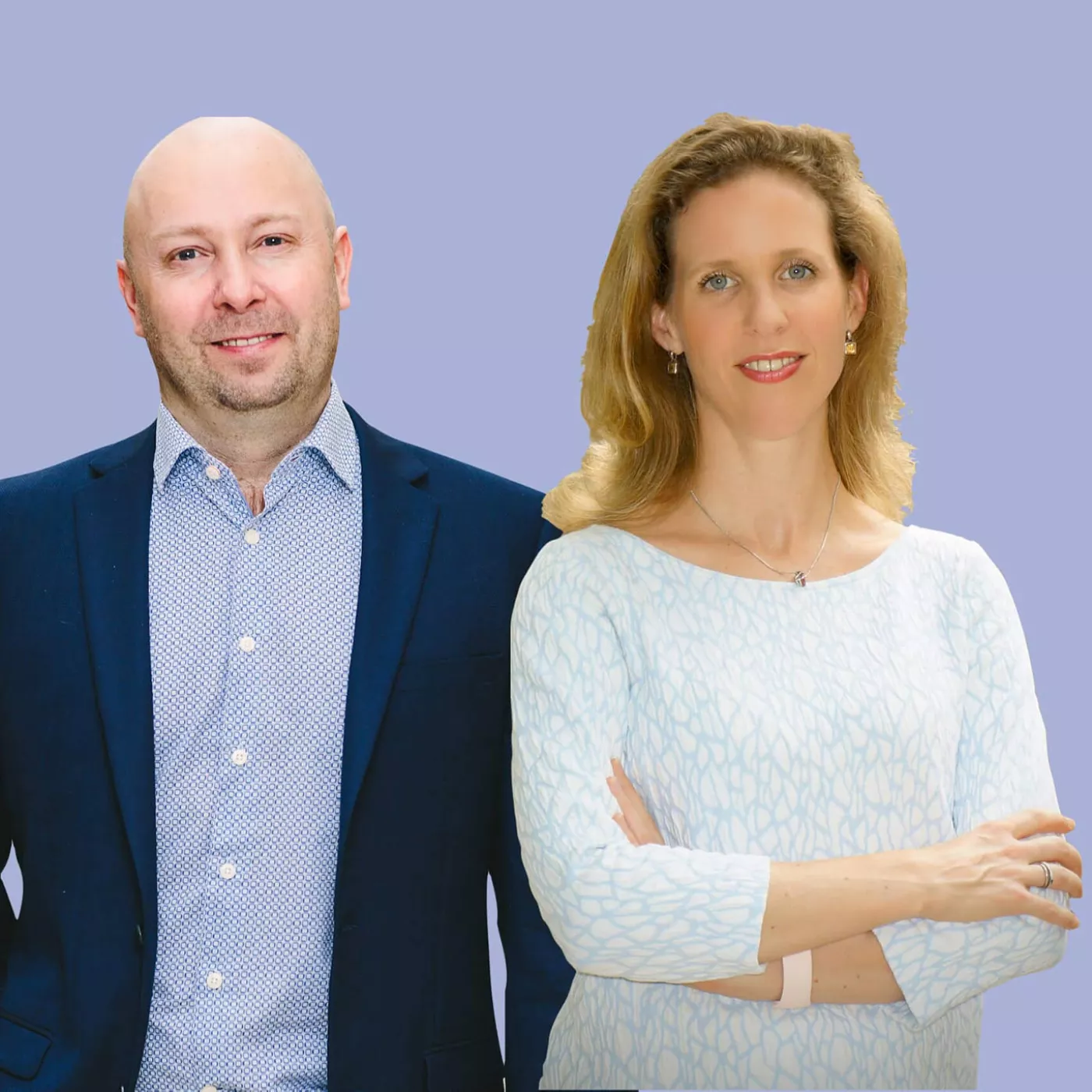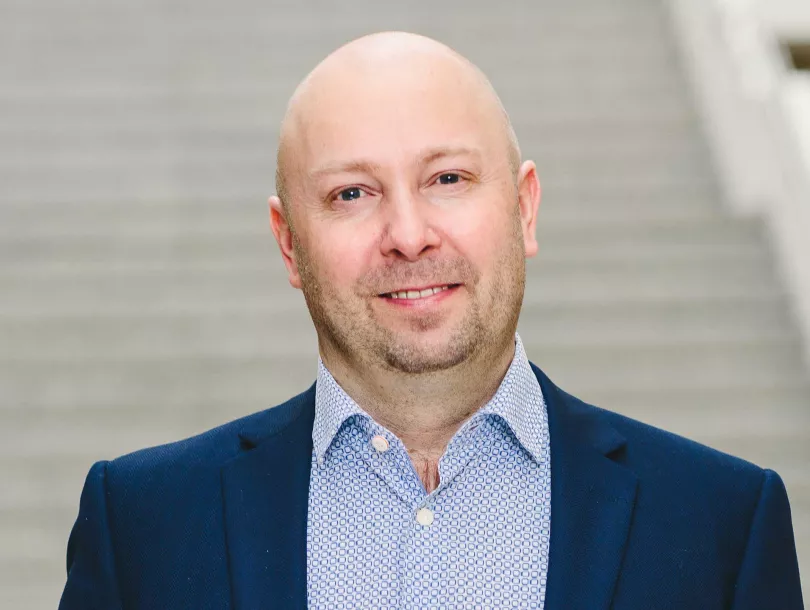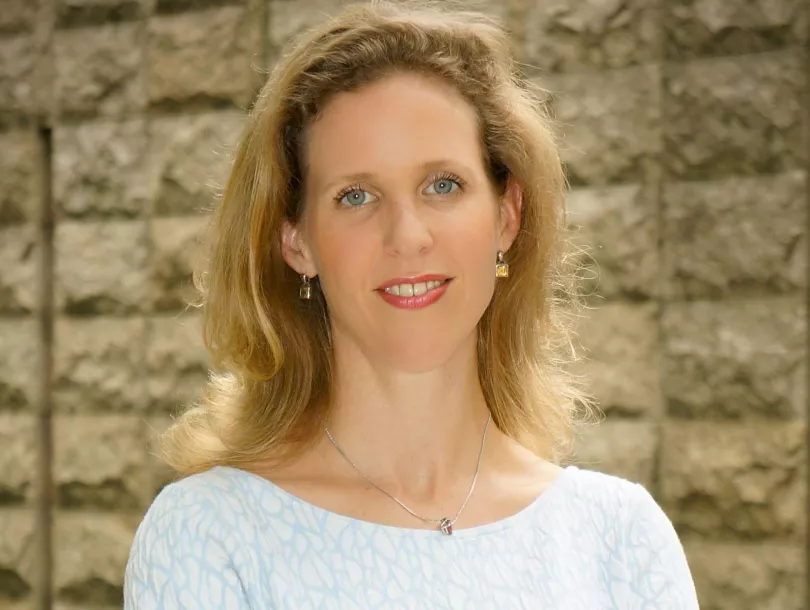Recognition as an engine for mobility

We spoke the outgoing and incoming presidents of the ENIC-NARIC Networks: Norwegian Stig Arne Skjerven of NOKUT and Nuffic's Jenneke Lokhoff from the Netherlands. Together they explain the important role which recognition of qualifications plays in student and professional mobility.
What is ENIC-NARIC?
ENIC-NARIC is a network of national centres which share information on foreign qualifications in order to support the mobility of students. The 57 centres are located in the countries which signed up to the Lisbon Recognition Convention, which first went into effect in 1999.
Nuffic in The Hague is the ENIC-NARIC national information centre in the Netherlands, and we report to the Ministry of Education. ENIC stands for European Network of National Information Centres, and NARIC for National Academic Recognition Information Centres.
As a combined Network, we work very closely with the European Commission, the Council of Europe and UNESCO.
What does the acting presidency mean for the Netherlands?
Jenneke: It is certainly prestigious and a real honour to fulfil this role. In the Netherlands, the ENIC-NARIC already has strong links with the higher education institutions, so I hope this position will benefit them.
What are the major challenges facing the ENIC-NARIC Networks today?
Stig Arne: COVID-19 is certainly posing a whole range of challenges. The numbers of students moving to another country this semester and potentially beyond that, has fallen substantially. So now, more than ever, fair, transparent, and non-discriminatory recognition of qualifications is very important in order to secure that students have their studies recognised across borders. A good operationalisation of these principles is crucial to spark the jump-start of student and professional mobility once the COVID-19 situation declines.
Jenneke: We drew up a strategy which focusses on sharing information in our Networks. But it also looks at what additional information we can make available for our stakeholders. For example, collecting and distributing end-dates of exams across the networks and making them widely available. This is very important information for admissions officers. So we now combine information sharing and capacity building.

"Transparency on how these studies are being carried out is crucial for recognition."
Stig Arne: We see a lot of "disruptive learning" taking place. More and more studies are taking place online, but some courses could be challenging with regards to future recognition. Transparency on how these studies are being carried out is crucial for recognition authorities and higher education institutions to decide on admissions and recognition.
Jenneke: One of our major goals is to ensure that any learning during this COVID period is fairly recognised, based on the principles of the Lisbon Recognition Convention.
Stig Arne: Unless of course there is a substantial difference in the learning outcomes, which is something the institutions and recognition authorities can take into consideration.
Is COVID-19 making wide access to education more difficult?
Stig Arne: There have been a number of recent reports which show that education in certain regions has been set back for many years due to COVID. We are seeing a higher drop-out rate at all levels of education at this moment. This is mainly connected to the financial situation in households and the financial situation of states and institutions. Unfortunately what we see is that women and girls are often more vulnerable to dropping out and being denied access to education.
Jenneke: We still don't know what will happen to student mobility. In the Netherlands it's very curious: we expected that there would be a major drop in applications from international students, but we don't see that happening.
Can ENIC-NARIC make a difference in this situation?
Stig Arne: Yes. We can ensure that access to education is assessed in a fair way. We must make sure that learning which took place in the past can be used to access further education or studies in the future. I must stress that it is up to the individual countries to implement the principles of recognition laid down in the Lisbon Recognition Convention.
Stig Arne Skjerven is leaving the presidency of the ENIC-Bureau to take up a new position for the Norwegian ministry of foreign affairs as the permanent deputy delegate to UNESCO. He is handing over the ENIC-NARIC presidency to Jenneke Lokhoff, who was formerly vice-president of the network.
Looking back on your three-year presidency of ENIC-NARIC, what have been the highlights?
Stig Arne: I think the board has succeeded in further increasing the importance of recognition and the ENIC-NARIC centres. We're highly involved with processes which the European Commission refers to as "automatic" qualification recognition. There is some confusion regarding this term. It does not mean a machine performs the task: "automatic" in this context means to reduce obstacles as much as possible in order to facilitate qualification recognition.
Globally, we contributed to the Global Recognition Convention, which is a major step in the validation of qualifications, and was decided upon during the General Conference of UNESCO in 2019.
Another important facet of our work was with refugees and displaced persons. Many ENIC-NARIC centres are involved with setting up the European Qualifications Passport for Refugees launched by the Council of Europe.
"Digitisation of student data may well totally change the landscape of recognition."

Is there any advice you can offer Jenneke, going forward?
Stig Arne: I would advise three things. First, enlarge the cooperation with other organisations in higher education in Europe and globally. Second, work closely on the potential of the global recognition convention in cooperation with other UNESCO regions to secure an even better sharing of information than we see today. And finally, make sure that recognition is seen as a very important tool to kick-start mobility during and after COVID-19.
Any personal tips?
Stig Arne: Jenneke faces a rather more challenging situation than we were in around a year ago! International organisations such as ENIC-NARIC relied heavily on old-fashioned physical networking. Right now and for the months to come, this is basically impossible. So I would urge Jenneke and her board to find mechanisms to keep a close dialogue within the ENIC-NARIC network and other international organisations.
What do you see as a key part of your new role as acting president, Jenneke?
Jenneke: Recognition of foreign qualifications is at the heart of internationalisation of education and the ENIC centres together, as a Network, are expected to make a difference through their dialogue. I believe it is key for the Presidency to create and nurture a dialogue on recognition that captures and respects the Networks’ diversity of centres. It is essential for a strong Network and for finding sustainable responses to COVID, international policy priorities and major changes in education we are facing.
One major initiative which is really accelerating now, due partly to COVID, is the digitisation of student data. This is something which I believe may well totally change the landscape of recognition. Many education centres are speeding up their digitisation processes. Today, it's mainly digital scans of physical qualifications. But the next step will be the delivery of machine data. This is already presenting a number of challenges regarding standardisation.
If we don't have a good dialogue within the Networks and our stakeholders involved in that process, we might end up in a worse situation - for instance, because we may not be able to read the data. There is therefore a key role for the national authorities, but also for our networks, during this process. We must all be open to the opportunities in order to be able to reap the benefits of digitisation. It's just starting, but it's going to get really big!